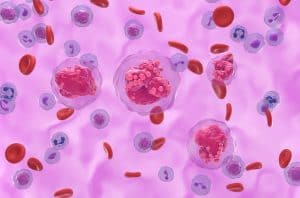NICE issues new guidance on the safer use of controlled drugs
pharmafile | April 13, 2016 | News story | Medical Communications | NICE, controlled drugs, guidance
The National Institute for Health and Care Excellence (NICE) has issued guidance bringing together legislation and existing advice on the best ways of ensuring controlled drugs such as morphine, methadone and diazepam are used safely and responsibly.
The new guidance is designed to help health and social care professionals negotiate the tough legislation and regulations to ensure they are doing their utmost in terms of care for patients treated with controlled drugs.
Key aspects of the recommendations include that health professionals should provide advice and information to people prescribed medications about how to store and dispose of them safely; health organisations should keep a record log for the supply, administration, transfer and disposal of controlled drugs; and that prescriptions of a controlled drug should be only enough to meet the person’s clinical needs for up to but no more than 30 days, except in exceptional circumstances.
A seven year review of medicines-related safety incidents concerning controlled drugs in England and Wales said that five commonly used controlled drugs were responsible for 113 incidents (88.4%) leading to death or serious harm with almost 70% of these being due to overdose.
Dr Tessa Lewis, GP and chair of the guideline development group, said: “Drugs like morphine and methadone are more closely regulated because of the harm that can be caused if they are not managed safely.
“A great deal of work has been done recently to help ensure the safe use and management of controlled drugs at a local and national level. However, ongoing activity and vigilance is required to sustain the positive developments that have been achieved since the changes to the structure of the NHS took effect in 2012.
“Our aim with this guideline is to support organisations and individuals to minimise the potential harms associated with these medicines and having robust systems and processes in place for their use.”
Sean Murray
Related Content

NICE recommends migraine treatment for NHS use
The National Institute for Health and Care Excellence (NICE) has shared draft guidance recommending AbbVie’s …

GSK’s Jemperli recommended by NICE for endometrial cancer treatment
GSK has announced that the National Institute for Health and Care Excellence (NICE) has recommended …

NICE recommends SC treatment of AbbVie’s Tepkinly for patients with DLBCL
AbbVie has announced that the National Institute for Health and Care Excellence (NICE) has recommended …







